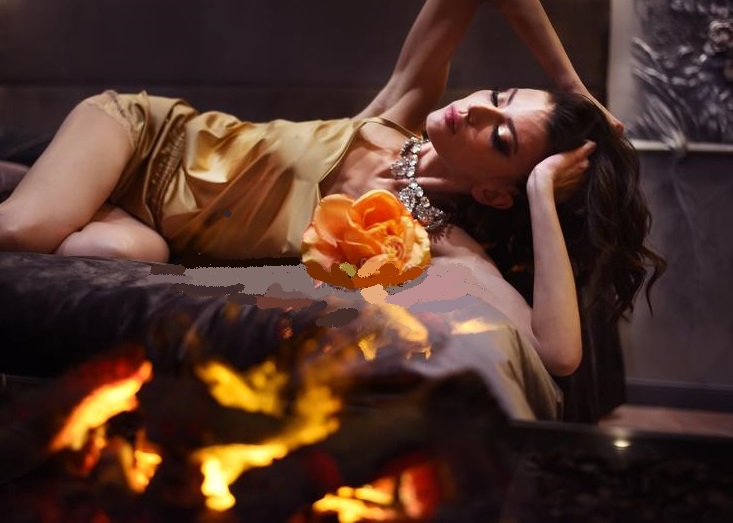
I’m yearning to find
our lost love in this hot night
that sets bed on fire
I burn between sheets in flames
as the dark moon slits rough dusk
|
Author Notes
TANKA is a Japanese poetic form that originated in the Japanese Imperial Court, where nobles competed in tanka contests and for men and women engaged in courtship. Created 1,200 years ago, it can embrace all of the human experience in its brief space with emotions of love, pity, suffering, loneliness, or death.
Tanka is succinct and may not exceed 31 syllables (5/7/5/7/7) but it can be less than 31 syllables in a short/long/short/long/long format because English syllables are longer than Japanese. Personification, metaphor, simile are permitted in Tanka. Capitalization and punctuation should only be used when necessary. No end rhymes. Alliteration should be avoided or used sparingly. A pivot line, usually lines 3, can be read sensibly with lines 1 and 2, and also sensibly with lines 4 and 5, a property that can be used to introduce ambiguity and resonance into the poem. click here if you want to see tanka rules -- click here if you want to see modern tanka examples -- click here if you want to read free online tanka book -- click here to read Tanka Society of America
Thank you very much for taking the time to read and review my poem.
Gypsy
Painting: click here if you would like to see Chie Yoshii art gallery
click here if you would like to read Ono No Komachi, Ink Dark Moon, free online tanka book
|
|



